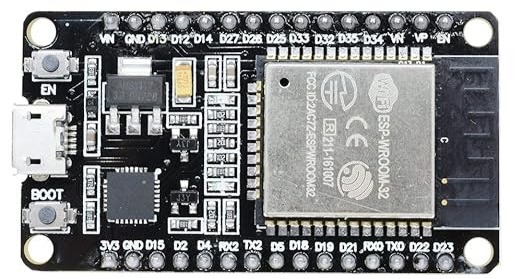Vulnerability:
- This CVE identifies a security flaw in Espressif ESP32 Bluetooth chips.
- The issue stems from 29 undocumented HCI (Host Controller Interface) commands present in the chips.
- One particularly concerning command, 0xFC02, allows direct memory writing.
Impact:
Exploitation of these hidden commands could lead to various security risks, including:
- Unauthorized access to devices.
- Device spoofing.
- Data modification or corruption.
- Network pivoting.
- Potential control over critical systems
| CVE | 2025-27840 |
| CVSS | 6.8 |
| Published Date | 8-Mar-2025 |
| Impacted Devices | IOT devices & Development Boards |
| Exploit Availablity | Yes |
It’s important to clarify that a standard mobile phone itself does not typically contain an ESP32 chip. ESP32 chips are primarily used in:
- IoT (Internet of Things) devices:
- These include smart home devices, wearables, sensors, and various other embedded systems.
- Development boards:
- They’re popular among hobbyists and developers for creating custom electronic projects.
Here’s a breakdown to help you understand:
- Mobile Phone’s Wireless Capabilities:
- Your mobile phone has its own sophisticated wireless communication systems, including:
- Wi-Fi: For connecting to wireless networks.
- Bluetooth: For short-range communication with other devices.
- Cellular connectivity (4G, 5G): For connecting to mobile networks.
- These functionalities are handled by dedicated chips within your phone, which are distinct from ESP32 chips.
- Your mobile phone has its own sophisticated wireless communication systems, including:
- ESP32’s Role:
- ESP32 chips are designed to provide low-cost, low-power Wi-Fi and Bluetooth capabilities to other devices.
- So, instead of your phone having an ESP32, your phone might connect to devices that do have ESP32 chips.


Leave a Reply